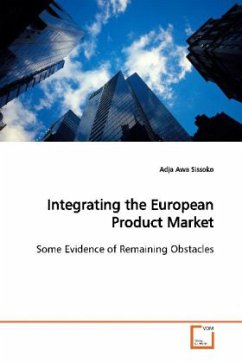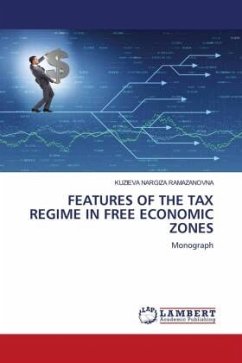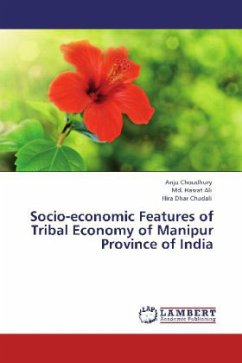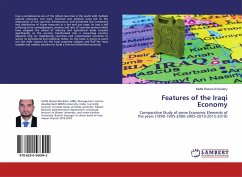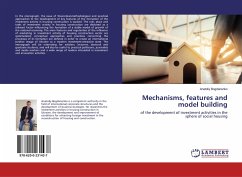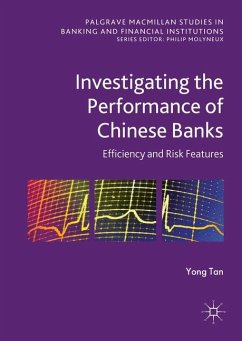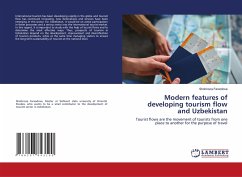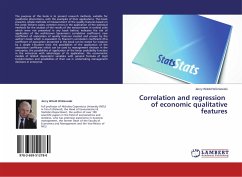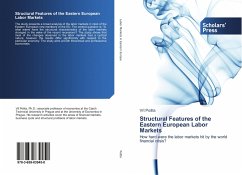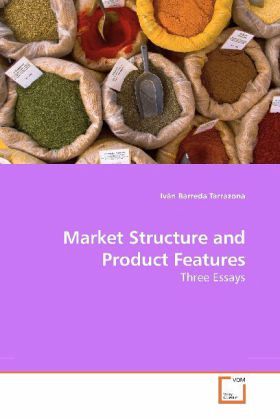
Market Structure and Product Features
Three Essays
Versandkostenfrei!
Versandfertig in 6-10 Tagen
39,99 €
inkl. MwSt.

PAYBACK Punkte
20 °P sammeln!
This book focuses on horizontally differentiated product markets under imperfect competition. The approach adopted is both theoretical and empirical. For the empirical part, we use experimental economics. For our theoretical models we turn to non-cooperative game theory. The book is organized into three independent essays: In the first essay, presented in Chapter 2, we study the optimal action by competition policy authorities when observing different types of vertical restraints imposed on retailers by a monopolist manufacturer. In Chapter 3 we present a model of horizontal differentiation, i...
This book focuses on horizontally differentiated product markets under imperfect competition. The approach adopted is both theoretical and empirical. For the empirical part, we use experimental economics. For our theoretical models we turn to non-cooperative game theory. The book is organized into three independent essays: In the first essay, presented in Chapter 2, we study the optimal action by competition policy authorities when observing different types of vertical restraints imposed on retailers by a monopolist manufacturer. In Chapter 3 we present a model of horizontal differentiation, inspired on Hotelling s, and we carry out an experimental study in order to validate it. In the third essay, Chapter 4, we propose a monopolistic competition model which allows studying optimal public intervention, considering different weights in the social welfare function, endogenous entry costs and public infrastructural investment in regions with different characteristics. The book is addressed to academic economists, advanced students, economic policy makers, and readers with a curiosity for applied microeconomic issues.



